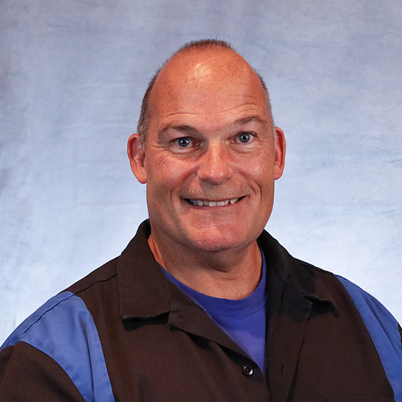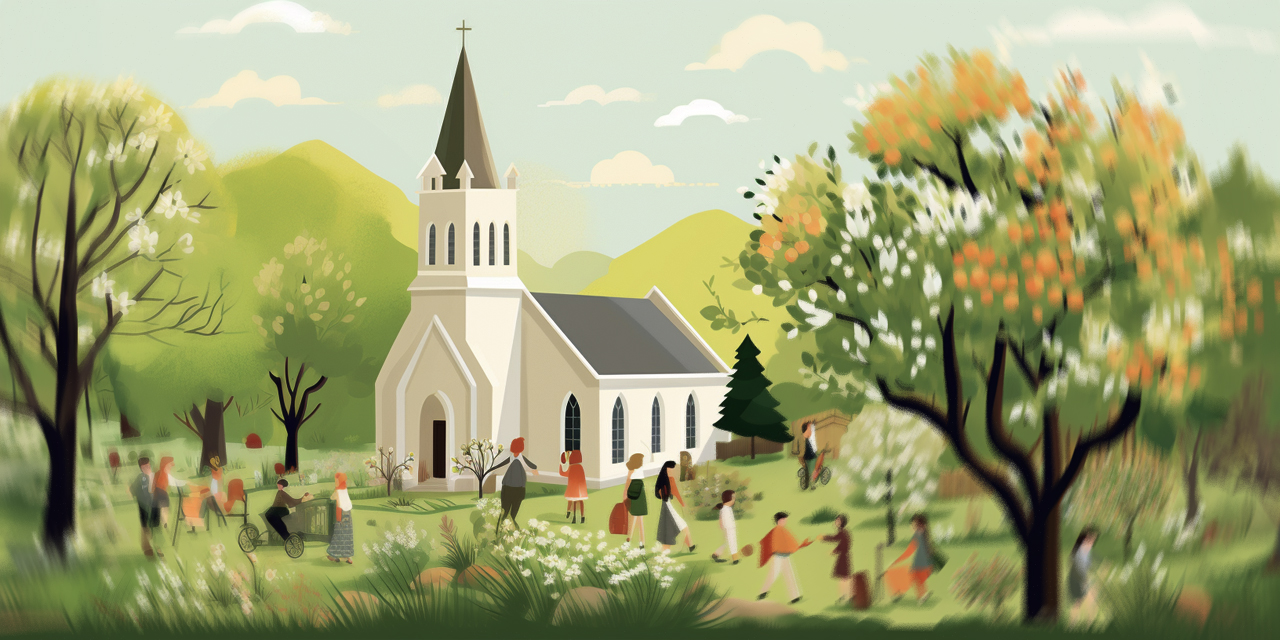
Mark Adams
Mark Adams, D.Min., is the superintendent of the Network of Undeniable Blessing, which includes connected Free Methodist churches in Northern California, Nevada and Fiji. He is an experienced counselor, social worker, church planter, pastor, social activist, and social work supervisor and administrator. He previously was the superintendent of the North Central Conference that serves seven Midwestern states. This article originally appeared on the network’s blog, and it is republished with permission.
By Mark Adams
Which of these activities will likely have more impact in your community and for your church?
A large-scale party on the Friday night before Halloween giving away candy and maybe gospel tracts to the community?
A small group of devoted Christ-followers who regularly engage their neighbors, invite others to join the group, and plan to launch another nearby?
A “Big Day” event on a Sunday a few times a year?
A sports ministry connecting church leaders with families around healthy activity and invitation to spiritual life?
The answer will always be: It depends. It depends upon how integrated these activities are, and what you envision as a result of your activities.
Big Days
If you want to grow Sunday attendance, the Big Day event is your best option. If you invite people to a Friday night event, you are inviting people who are free on Fridays and will be jazzed about what you do on Friday night, but it will not quickly turn into “attendance.” This is true even if you include candy and “trunk or treat,” a common church project in October.
If you envision more people in church on Sunday (or Friday or Saturday — whatever day you gather for worship), you must invite people to Sunday. It’s just that simple. When a church devotes teaching, systems, budget and energy a few times a year around a big push to invite people to church on Sunday, there will be a much larger chance that those who respond will 1) be available on Sunday, 2) be willing to go to the church, 3) be open to hearing a gospel message, 4) be looking for a faith community to call home, 5) be more responsive to follow-up efforts to include in the church community and 6) be more likely to be exposed to a life-changing encounter with Jesus (assuming the pastor preaches Jesus).
The Big Day event is the best path forward for churches that rely largely on church worship as the portal to introducing people to Christ and a faith community. From Sunday morning, invitations and encouragement to participate in other church ministries — particularly disciple-making ministries like small groups focused on biblical obedience and life in the Spirit, and service opportunities to bless the community at large. This creates healthy spiritual synergy.
_
“If every Sunday is a ‘big invite’ day, then no Sunday is a ‘big invite’ day.”
_
Big Day events have an additional huge advantage over other systems of evangelistic church growth. They focus the church as a whole to something big occasionally rather than nothing at all most of the time. If every Sunday is a “big invite” day, then no Sunday is a “big invite” day. Calls to evangelize from the pulpit are just “white noise” and lack the possibility of an organized, concerted effort by the church as a whole to permeate their communities with invitational calls to Jesus and church. But if three Sundays a year are targeted, then it avoids burnout in the congregation, gives clear tools to aid the average person in maximizing evangelistic appeal, and becomes a church rhythm to joyfully anticipate.
Prayer and Discipleship
Still, the most powerful tool for church growth will be committed disciples who regularly pray, search the Scriptures together, encourage each other to be more like Christ, and invite people they know into the group and Christ-life. If a church does not have a structure in place to make disciples — a small group structure that keeps people intentionally focused on growing obedient to Jesus and reaching others with the good news — then no number of successful Big Days will help the church grow. Even if the church grows in number of attenders on a Sunday morning, without disciple-making structures in place, the church is growing weaker every day, trying to meet religious consumer demands rather than Spirit-led believers growing in their faith and obedience to Christ. It is the latter that Christ commands.
Sports ministry, community service projects and excellent worship services all can flow from healthy disciple-making groups or lead to healthy disciple-making groups. For their own sake, however, they are most often devoid of gospel power and destined to detract from what Jesus can do to transform a life.
_
“Disciples send out those they disciple as undeniable blessings to the world around them.”
_
Likewise, a small group disciple-making strategy that has as its heartfelt goal maintaining a small group of friends around pleasant conversation or fun group activity is not really making disciples. Disciples pray. Disciples gather others. Disciples seek to know and obey the Word of God. Disciples send out those they disciple as undeniable blessings to the world around them.
You know — multiply Spirit-led believers who lovingly belong and undeniably bless their world.
Fun, Fruit, Faith?
So what are you planning this autumn? Events that will be fun for the community but fruitless for the kingdom and your church? A church that gathers to worship but not to build one another up in our most holy faith? A church that meets around a table with a Bible but doesn’t meet community needs? Or a church that focuses upon making disciples of Jesus, utilizing the gifts and resources of the church to make this happen in ways designed to connect the community with Christ? I know you want the latter!
_
“Have a healthy way to be an undeniable blessing to your world.”
_
Have a healthy small group strategy. Have a healthy Big Day strategy. Have a healthy way to be an undeniable blessing to your world. There is never a “sure thing,” but these three together are strong predictors of a healthy, growing church.
+

Mark Adams
Mark Adams, D.Min., is the superintendent of the Network of Undeniable Blessing, which includes connected Free Methodist churches in Northern California, Nevada and Fiji. He is an experienced counselor, social worker, church planter, pastor, social activist, and social work supervisor and administrator. He previously was the superintendent of the North Central Conference that serves seven Midwestern states. This article originally appeared on the network’s blog, and it is republished with permission.









